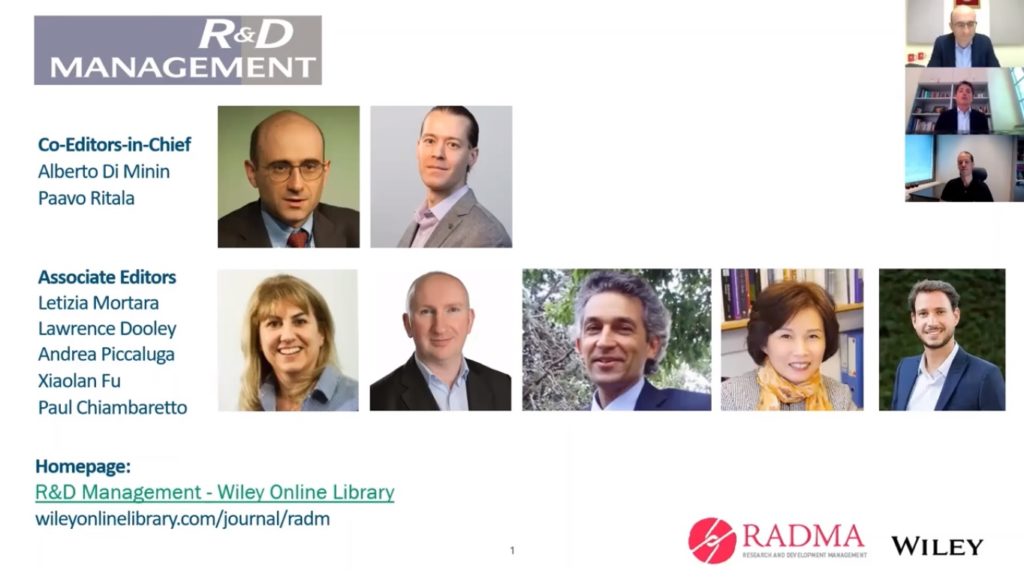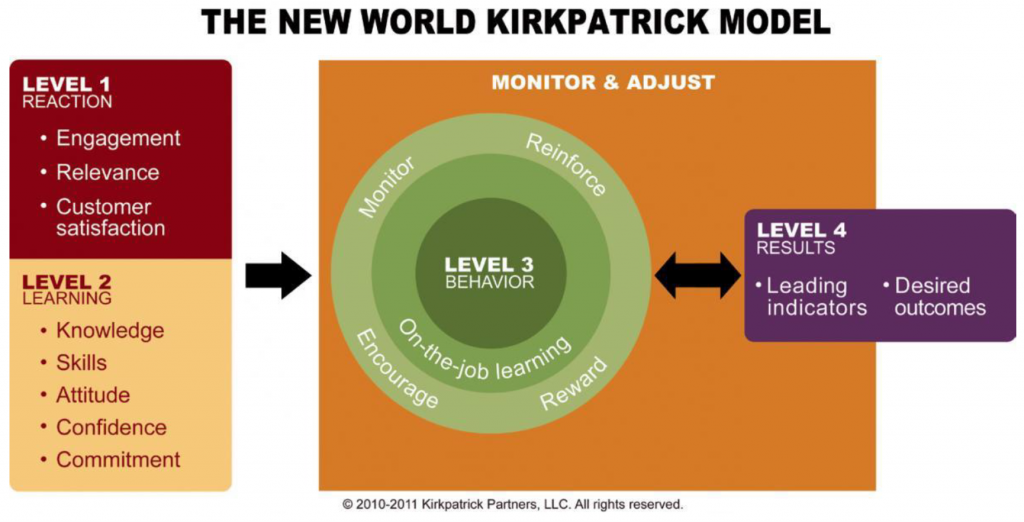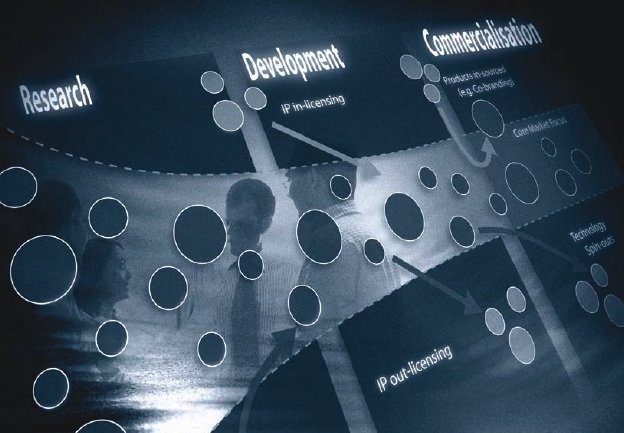Dr Tim Minshall is the Dr John C Taylor Professor of Innovation at the Department of Engineering at University of Cambridge, and Head of Institute for Manufacturing. He is a Visiting Research Fellow at the Institute of Technology, Enterprise and Competitiveness (ITEC) at Doshisha University, and a member of the IET’s Innovation and Emerging Technologies Policy Panel. He is a member of advisory/steering committees for groups including ideaSpace Enterprise Accelerator, Cambridge University Entrepreneurs, Cambridge i-Teams and 100% Open.
Tim is a recipient of a University of Cambridge Pilkington Prize for Teaching Excellence and a Royal Academy of Engineering/ExxonMobil Excellence in Teaching Award.
Tim has worked as a teacher, consultant, plant engineer and freelance writer in the UK, Australia and Japan, and has B.Eng. from Aston University and a PhD from Cambridge University Engineering Department.
Before joining the Centre in 2002, Tim was a Project Manager and Board Member at St John’s Innovation Centre Ltd where he worked on a series of projects to support industry/academic collaboration focused around new technology ventures.
Two of his main projects were support for the setting up and early management of the University of Cambridge Entrepreneurship Centre (now Cambridge Enterprise and the Centre for Entrepreneurial Learning) and the management of the ‘Developing Entrepreneurs’ project. This project led to the formation of the ‘Enterprise Link’ networking group for new technology ventures, the production of the ‘Cambridge Technopole Report’, the formation of the Cambridge Technopole Group, and the publication of the ‘Funding Technology’ report series. Tim has remained as a member of the Board of St John’s Innovation Centre.
He is actively involved in outreach activities to raise awareness of engineering among primary and secondary schoolchildren. Resources relating to this topic can be found at the What Engineers Do blog (whatengineersdo.info)
Related posts
R&D Management has announced its two new Co-Editors-in-Chief Alberto Di Minin and Paavo Ritala, they are supported by an editorial team with significant experience in both academic and commercial spheres of R&D and technology management.
Now is the time to change – inspirational speakers provide their insights in the three plenary sessions at the R&D Management Conference
The OI Forum tackled the packaging challenge using a structured ‘Design Thinking’ approach to discover new solutions
To be successful an OI team needs around forty specific skills covering the four stages of OI – Want, Find, Get, Manage – these skills fall into four categories: introspective, extrospective, interactive and technical.
Could coaching provide the support that SME’s require to improve their innovation activities? In a pilot 10 SMEs were introduced to strategy and technology management tools developed through research and given coaching on applying these tools to their own processes to improve their innovation activities.
University spinout (USO) are an important source of innovation however concerns are raised about the mediocre survival rate in general and even a lower rate for those to grow larger. This paper aims to develop a conceptual framework, in order to understand the dynamic growth process of university spin-outs (USOs) in China.
Observations suggest that Open Innovation in a downturn can help build resilience; Joon Mo Ahn, Letizia Mortara and Tim Minshall tested this hypothesis with an analysis of the UK CIS data.
Bringing together start-ups and established firms in mutually beneficial partnerships seems an obvious solution. However, research shows that making such asymmetric partnerships work can be problematic. Here are five ways to increase the chances of success.
Open innovation is an innovation in itself and therefore has to be effectively managed right from the beginning if it is to be successfully implemented. This workbook, based on the the lessons of multinational organisations, aims to support senior R&D managers implement an open innovation strategy.











